ICT management ICT management- IT strategy
- Information technologies
- Potential improvements
- Project portfolio
- Best practices, benchmarks
- Third-party services
- IT governance
| | | | |
Project management Project management- Team behavior
- Project initialization
- Project planning
- Project handling
- Project management support
- Project problems
- Project management concepts, methods and tools
| | | | |
Risk management Risk management- Project risks
- Risks during system operation
- Risks of organizational units
- Emergency scenarios
- IT compliance
| | | | |
Quality management Quality management- System tests/system checks
- Configuration management
- Quality assurance, quality assurance systems
- Releases/upgrades
- Metrology, test procedures
- Process quality
- Product quality
- Effectiveness and costs of quality management
- Customer satisfaction
| | | | |
Service design Service design- Service design principles and methods
- Service design processes
- Service design technology-related activities
- Service design organization (roles and responsibilities)
- Service design implementation
| | | | |
Architectures Architectures- Platform strategy
- Service strategy
- System architecture
- Network architecture
- Software architecture
- Application architecture
- Data architecture
- Security architecture
| | | | |
Methodological competency Methodological competency- Project management
- Software development
- Process description, presentation, measurement and improvement
- Design of architectures
- Testing
- ICT security
- Risk management
- Quality management
| | | | |
Ergonomics and usability Ergonomics and usability- Human-machine interface ergonomics
- Interaction design, accessibility
- User requirements
- System analyses (user cases, user stories)
- Contextual/online analyses and surveys
- Information visualization and content structure
- Layouts, design principles
- Agile prototyping, mockup testing and assessment
- Usability coaching (implementation)
- Web analytics (usage verification)
- Usable user manuals, e-learning content
| | | | |
ICT business administration ICT business administration- Offers
- Licenses
- Contracts
- Investments
- Profitability
- Value creation in business processes
- Procurement of ICT systems and ICT services
- Budgeting and billing
- Cost estimate, cost control
- ICT controlling instruments
- Product and key account management
| | | | |
Organization Organization- Organizational structure
- Process structure
- Strategic planning
- Operational planning
- Organizational weaknesses
- Processes and structures
- Reorganization
| | | | |
Information security Information security- Security strategies and architectures
- Security processes in the company
- General security situation
- Security cycle
- ICT basic protection
- Application, database, network and system security across various platforms and architectural models (e.g. cloud)
- Security testing procedures
- Data security and protection
- Encryption method
- Protection and security functions
- Identity and access management
- Information risk management
- Regulatory requirements
| | | | |
Business and requirements engineering Business and requirements engineering- Analytical and conceptual skills
- Domain knowledge
- Interview technique
- Presentation of results
- Workshop moderation
- Clear presentation of complex issues
- Simplification
- Open-mindedness
- Imagination
- Process analysis and modeling
- Planning, organizational skills
- Modeling use cases
- Value-added analysis
- Working with stakeholders
| | | | |
Application engineering Application engineering- Application architecture
- Software architecture
- Application development
- Preparation and transitioning of systems to production
- Software migration
- Change management
- Website/web applications
- E-business application
- Protection and security functions
| | | | |
Hardware engineering Hardware engineering- Evaluation
- Commissioning
- Maintenance
- Change management
- Planning
| | | | |
Network engineering Network engineering- Change management
- Cross-platform services
- Communication services
- Network systems and architectures
- Protection and security functions
- Directory services
| | | | |
Service engineering Service engineering- Service strategy
- Services
- Service levels
- Problem management
- Service requests
- Change management
| | | | |
Data engineering/data management Data engineering/data management- Data modeling
- Data warehouse
- Document management systems
- Content management systems
- Change management
- Data management
| | | | |
Technical software engineering Technical software engineering- Sensors, actuators
- Controllers
- Microprocessor applications
- Real-time processes
- Control and regulating systems
- Real-time operating systems
| | | | |
Application operation Application operation- Operation and monitoring
- Support
- Database systems
- Performance and capacity
- Migration
- Configurations
| | | | |
Network operation Network operation- Operation and monitoring
- Support
- Performance and capacity
- Upgrades
- Configurations
- Infrastructure
| | | | |
Hardware operation Hardware operation- Operation and monitoring
- Support
- Performance and capacity
- Upgrades
- Memory, scanners, printers, network components
- Configurations
- Infrastructure
| | | | |
ICT service operation ICT service operation- Support
- Problem management
- Service requests
- Archive, backup, restore and repair
- Configurations
- DB administration
- Performance and capacity
| | | | |
